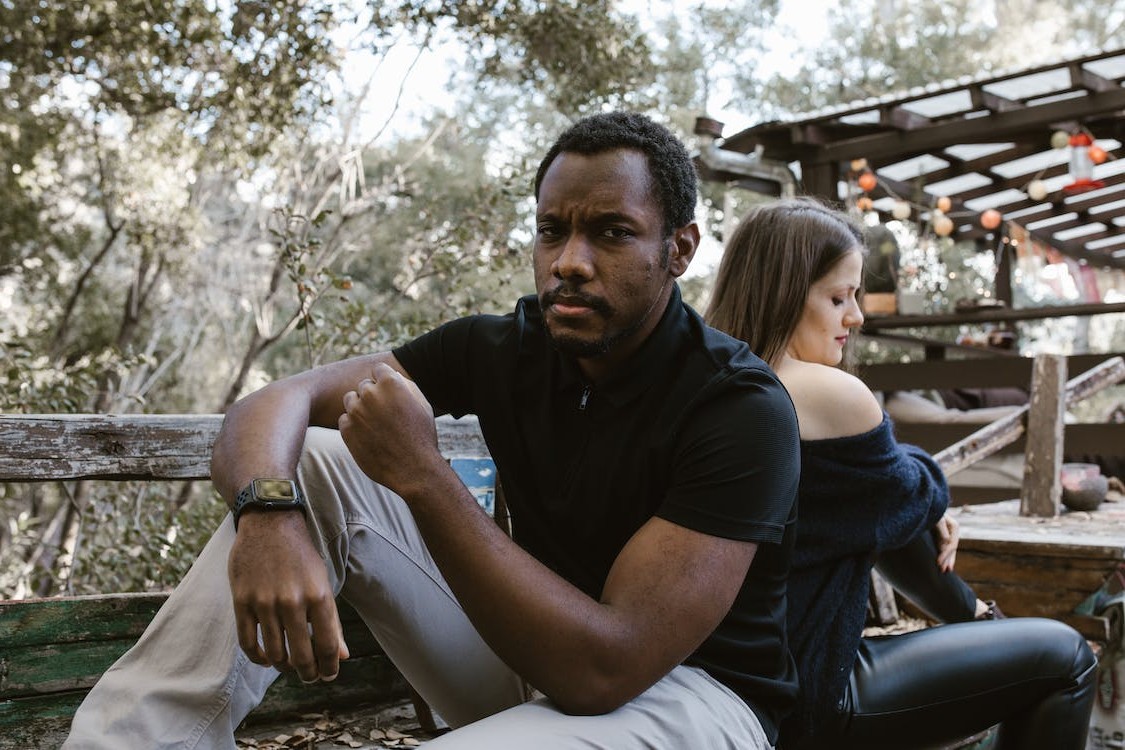Family Involvement In Recovery Vs. Individual-focused Treatment
Approaching the issue of addiction through the lens of Dr. Lance M. Dodes, a Harvard Medical School professor, we explore the delicate balance between family involvement in recovery versus individual-focused treatment. This topic, ripe with misconceptions, opens a nuanced conversation about the best path to recovery.
When you, or a loved one, embark on a journey of recovery, the role of family involvement versus individual-focused treatment can often be a conundrum. How much should families be involved? Does a focus on the individual mean excluding the family?
Understanding Family Involvement
Family involvement in recovery can provide a valuable support system. Their participation can help reinforce positive change, provide emotional support and hold the individual accountable. Renowned addiction expert Dr. Robert J. Meyers once said, “Families can play a crucial role in the recovery process.”
However, there’s a common misconception that family involvement equates to control or coercion. The truth is, effective family involvement respects the autonomy of the individual in recovery. It’s about providing support, not imposing decisions.
Appreciating Individual-focused Treatment
Individual-focused treatment, on the other hand, places the emphasis on the person in recovery. Dr. Dodes emphasizes the importance of understanding addiction from the individual’s perspective. The goal is to help the individual develop personal coping mechanisms, improve self-esteem, and foster self-reliance.
A frequent misconception about individual-focused treatment is that it isolates the person in recovery, neglecting the importance of external support. Yet, in actuality, individual-focused treatment encourages autonomy while recognizing the value of support systems.

Balancing Family Involvement and Individual-focused Treatment
So, how do we strike a balance between family involvement and individual-focused treatment? The key lies in understanding that recovery is a deeply personal journey that benefits from the support of loved ones. Family involvement and individual-focused treatment are not mutually exclusive but rather complementary components of an effective recovery process.
As Dr. Dodes suggests, it’s important for families to be involved in a way that respects the individual’s journey, offering support without infringing on their personal growth. Similarly, individual-focused treatment should empower the individual while acknowledging the important role of supportive relationships in recovery.
In the wise words of renowned author Johann Hari, “The opposite of addiction is not sobriety, but connection.” It is essential to remember that while individual growth is paramount in recovery, the role of meaningful connections, including family, cannot be underestimated. So whether you’re seeking help for yourself or on behalf of a loved one, it’s crucial to consider both personal and familial dynamics on the road to recovery.
Here are some inspiring quotes to guide you through the nuanced path of family involvement in recovery versus individual-focused treatment:
- “In the process of letting go, you will lose many things from the past, but you will find yourself.” – Deepak Chopra. This quote illustrates the essence of individual-focused treatment, emphasizing personal growth and self-discovery.
- “The bond that links your true family is not one of blood, but of respect and joy in each other’s life.” – Richard Bach. This quote beautifully captures the supportive role families can play in recovery, underlining the value of mutual respect.
- “The strength of the team is each individual member. The strength of each member is the team.” – Phil Jackson. A profound quote illustrating the balance between individual-focused treatment and family involvement in recovery.
- “You alone can do it, but you cannot do it alone.” – Dr. Francis Xavier Dercum. This quote encapsulates the intertwining roles of individual strength and support systems in the recovery journey.
- “In the end, it’s not the years in your life that count. It’s the life in your years.” – Abraham Lincoln. A poignant reminder that your recovery journey is about more than overcoming addiction; it’s about fostering a fulfilling life, both individually and with your loved ones.
As you navigate the complexities of the lifelong journey of addiction recovery, remember that the balance between family involvement and individual-focused treatment isn’t a formula to be solved but a harmony to be struck. Your journey is personal, yet it doesn’t occur in isolation. You’ll draw strength from your inner resilience, emboldened by the shared strength of your support system, your family, and loved ones.
In every step you take, know that your individual progress and the support of your family aren’t competing forces. Instead, they act as twin pillars supporting your journey towards recovery. Embrace your personal growth while leaning on the love and support of those who care about you. Remember that family involvement isn’t about control, but about offering a safety net of love, support, and understanding.
Your road to recovery is a lifelong journey that’s uniquely yours, yet shared with those who love you. The interconnectedness of your personal resilience and family support serves as a reminder that while the journey is yours, you never walk alone.
In the words of famed poet Robert Frost, “Two roads diverged in a wood, and I— I took the one less traveled by, And that has made all the difference.” Whether you’re journeying on the path of individual-focused treatment, or involving your family in your recovery, remember that each path is valid and crucial to your healing. It is the road less traveled, the personal path of recovery you carve out for yourself, and the involvement of those who love you that will truly make all the difference.
